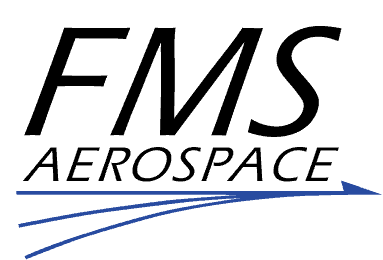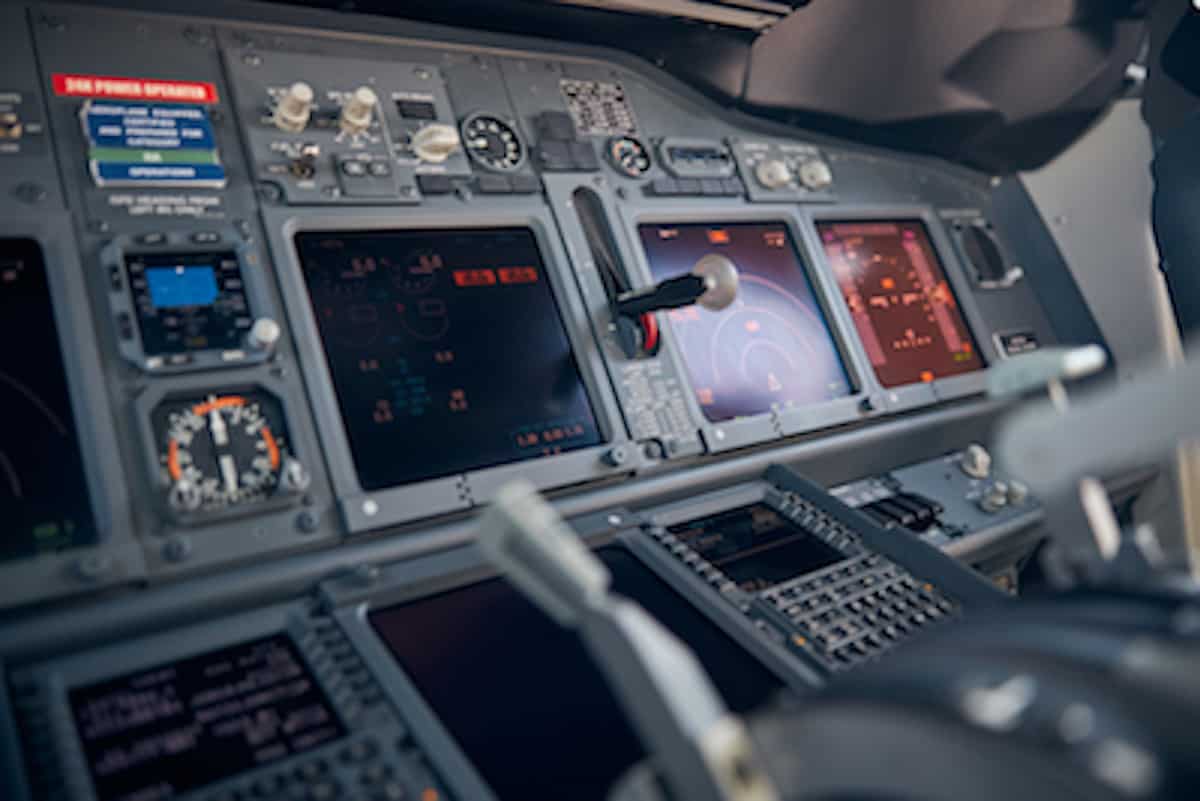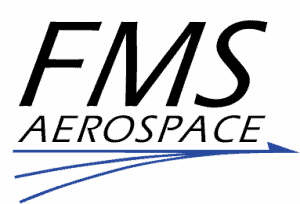FMS Aerospace Provides The Top Sensor Integration For Airplanes
In today’s airplane industry, technological advancements play a crucial role in improving the performance and safety of airplanes. One such technological innovation is sensor integration, which enables aircraft to gather and analyze data in real time. We are FMS Aerospace, a leading aerospace company, that recognizes the importance of sensor integration in modern airplanes. In this article, we will explore the significance of sensor integration and its impact on improving aircraft capabilities.
Sensor integration for airplanes has come a long way since its inception. At first, aircraft relied on individual sensors to monitor various parameters such as altitude, airspeed, and temperature. However, with advancements in technology, the integration of sensors has become more popular, leading to a better approach to data collection and analysis.
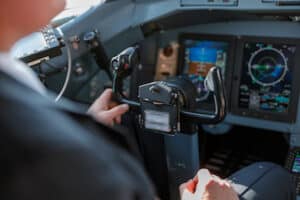
Types of Sensors Used in Aircraft
Aircraft use a wide range of sensors to gather critical data during flight operations. Some commonly used aircraft sensors include:
- Air Data Sensors: Measure parameters like air pressure, temperature, and airspeed.
- Inertial Measurement Units (IMUs): Provide data on the aircraft’s position, attitude, and acceleration.
- Gyroscopes: Measure angular velocity and provide stability information.
- Global Navigation Satellite System (GNSS): Enables precise navigation and positioning using satellite signals.
- Proximity Sensors: Detect nearby objects and help with collision avoidance.
Benefits of Sensor Integration for Airplanes
Sensor integration from FMS Aerospace offers numerous advantages for airplanes, including:
- Real-time Monitoring: Sensors provide instant and accurate data, allowing pilots and operators to make informed decisions promptly.
- Improved Efficiency: By continuously monitoring key parameters, sensor integration helps optimize fuel consumption, reducing costs and environmental impact.
- Enhanced Safety: Early warning systems and collision avoidance mechanisms enabled by sensors minimize the risk of accidents and ensure passenger safety.
- Predictive Maintenance: Sensor data aids in proactive maintenance, finding potential issues before they escalate, thereby improving aircraft reliability and reducing downtime.
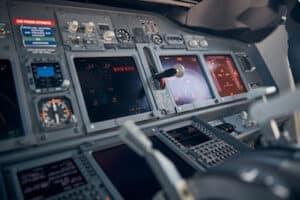
The FMS Aerospace Difference
In conclusion, when it comes to selecting a reliable and innovative partner for sensor integration in airplanes, FMS Aerospace stands out as the top choice. With our extensive experience and commitment to advancing aviation technology, FMS Aerospace offers cutting-edge solutions that enhance aircraft performance and safety.
By using the power of sensor integration, FMS Aerospace enables real-time data collection, analysis, and monitoring, empowering pilots, operators, and maintenance crews to make informed decisions promptly. Our proactive approach to sensor integration ensures that critical parameters are continuously monitored, optimizing fuel efficiency, improving navigation and positioning, and helping with predictive maintenance.
Our commitment to safety is evident through our implementation of early warning systems, environmental monitoring, and collision avoidance mechanisms. These features work together to minimize the risk of accidents, creating a secure environment for passengers and crew. Furthermore, FMS Aerospace is at the forefront of future trends in sensor integration. Our focus on IoT connectivity, AI-driven analytics, and advanced sensor technologies guarantees that our solutions will remain at the cutting edge of innovation. By partnering with FMS Aerospace, airlines can future-proof their aircraft and stay ahead in the rapidly evolving aviation industry.
Partner with FMS Aerospace today and experience the power of sensor integration in maximizing aircraft performance, optimizing safety, and shaping the future of aviation.
